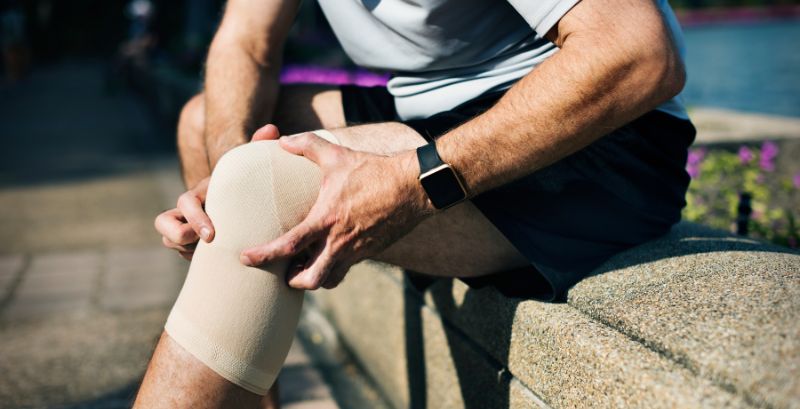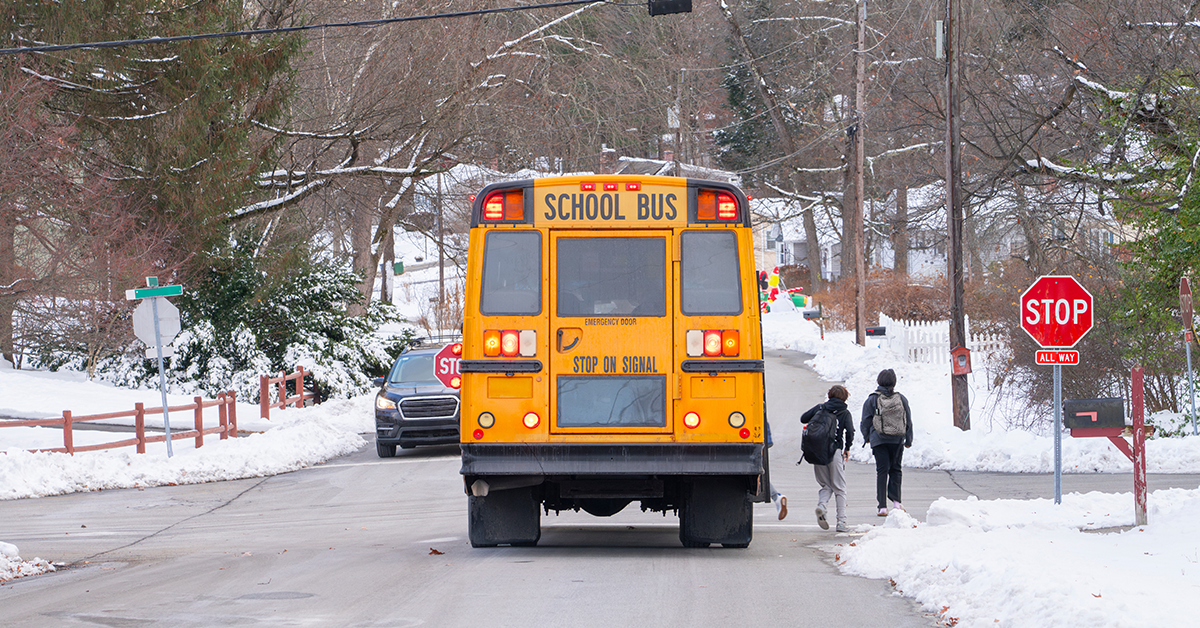There is no argument that vacation rentals like Airbnb have totally changed the travel industry.
Airbnb, which burst onto the scene in 2007, has more than 6 million active listings worldwide today. Also, it has a base of around 4+ million guests.
But, with this cool way of finding a place to crash, there's a flip side.
Have you had a mishap or got injured during your stay? Don't stress! A personal injury lawyer's got your back.
For example, if you have been injured while staying at an Airbnb in Boston, you should look for a Boston personal injury lawyer. A personal injury attorney will help you understand what you need to do to get the compensation you deserve.
Who is Responsible for Safety at an Airbnb?
It's simple: If someone owns property, especially a business like a vacation rental, such as an Airbnb, they have to make sure it's safe for guests.
Why?
Because they're earning money from it, so they have an extra duty to keep things on the up-and-up.
Here's what they should be doing:
- Regularly check the place for any risks
- If something's off, they need to fix it ASAP
- If they can't fix it right away, they should at least put up a warning sign
And, also, just because they missed a hazard doesn't mean they're off the hook. It's all about what they "should've seen" if they were being careful.
Vacation rentals can be tricky. With guests coming and going, property owners have to be on their toes.
Some vacation rental owners dive into this without realizing how much work it is, and, let's be real, things can go sideways.
Remember this: you paid your hard-earned cash for that stay. Have you gotten hurt because of some overlooked danger in Boston?
Sounds like you could use a helping hand. A Boston personal injury lawyer who knows their stuff about property safety could be your ticket to getting the compensation you deserve.
Types of Injuries That Qualify for Liability at an Airbnb
If you're eyeing a vacation rental like an Airbnb for your next escape, let's deep-dive into the world of safety. Vacation spots should feel like a home away from home, and that means no nasty surprises.
Here's a breakdown of what to watch out for and why owners need to be on the ball:
- Airbnb Slip and Fall Accidents
It could be a worn-out carpet, shaky railings, or even a sneaky leak making the floor slick. Keep an eye out and tread carefully.
- Hazardous Conditions
Injuries can stem from dangerous situations like burns or shocks. When owners are aware of these risks (or should be) and know that injuries are likely, they can be held responsible for any harm that happens.
- Negligent Security
If the rental property's locks are broken or there's insufficient security lighting, the owner might be held responsible.
These are some of the most common instances that highlight typical ways guests can get hurt at vacation rentals. An expert personal injury lawyer can assess your situation and help figure out if you have a valid airbnb injury claim.
Insurance in the Case of Injuries at an Airbnb
As in the case of many personal injury incidents, you'd look to the responsible party's insurance for compensation.
What about getting hurt at someone's private rental or in a store? Their general liability insurance might have your back.
But when it comes to Airbnb or VRBO, it's not that straightforward.
Usually, homeowner insurance doesn't apply if the place is used for business. When Airbnb and VRBO first emerged, many property owners got shock: their regular insurance wouldn't cover guest accidents.
But now, both platforms offer up to $1 million in insurance for each incident. The catch? They usually see their insurance as a backup, used only after the homeowner's policy runs out.
This can make getting your claim sorted a bit tangled. Thankfully, a personal airbnb injury lawyer can guide you through the process, ensuring you receive your due compensation without much delay.
How a Personal Injury Lawyer Can Help in the Case of an Injury at an Airbnb?
Have you been injured during your stay at an Airbnb in Boston? That's where a Boston personal injury lawyer can become your best ally.
- Understanding Complex Insurance Issues
Traditional accommodations usually have straightforward insurance claims.
However, Airbnb operates a bit differently. While they provide up to $1 million in insurance for incidents, this often acts as a secondary backup, kicking in only after the homeowner's policy is exhausted. A personal injury lawyer is well-versed in navigating these intricate nuances to ensure you get the right compensation.
- Proving Negligence
To win a claim, it's essential to prove that the property owner's negligence led to the injury. This might mean highlighting poor maintenance, structural issues, or any other overlooked risks.
Lawyers possess the expertise to gather evidence, consult with experts, and build a strong case in your favor.
- Maximizing Your Compensation
It's not just about getting compensated; it's about getting what's fair. Lawyers can assess medical bills, potential future care costs, lost wages, and even emotional distress to ensure you're adequately covered.
- Handling Negotiations
Dealing directly with insurance companies can be daunting. They often deploy various types of tactics to minimize or deny claims.
Having a lawyer by your side levels the playing field. They'll handle the negotiation, ensuring that your interests are always front and center.
Conclusion
While Airbnb stays are often delightful, accidents can happen. In such situations, your Boston personal injury lawyer proves invaluable help, simplifying the complex claims process and fighting for the compensation you deserve.
FAQs
Q: What happens if someone gets injured at an Airbnb?
If someone gets injured at an Airbnb, the host's insurance or Airbnb's host guarantee may cover damages. Always report about the injury at airbnb and seek medical attention.
Q: How do I file a claim with Airbnb?
To file a claim with Airbnb, go to the Resolution Center on Airbnb's website and follow the provided instructions.
Q: What is Airbnb liable for?
Airbnb provides up to $1 million in insurance for incidents, but this often acts as a secondary backup, kicking in only after the homeowner's policy is exhausted.
Keep Reading
Want more? Here are some other blog posts you might be interested in.




